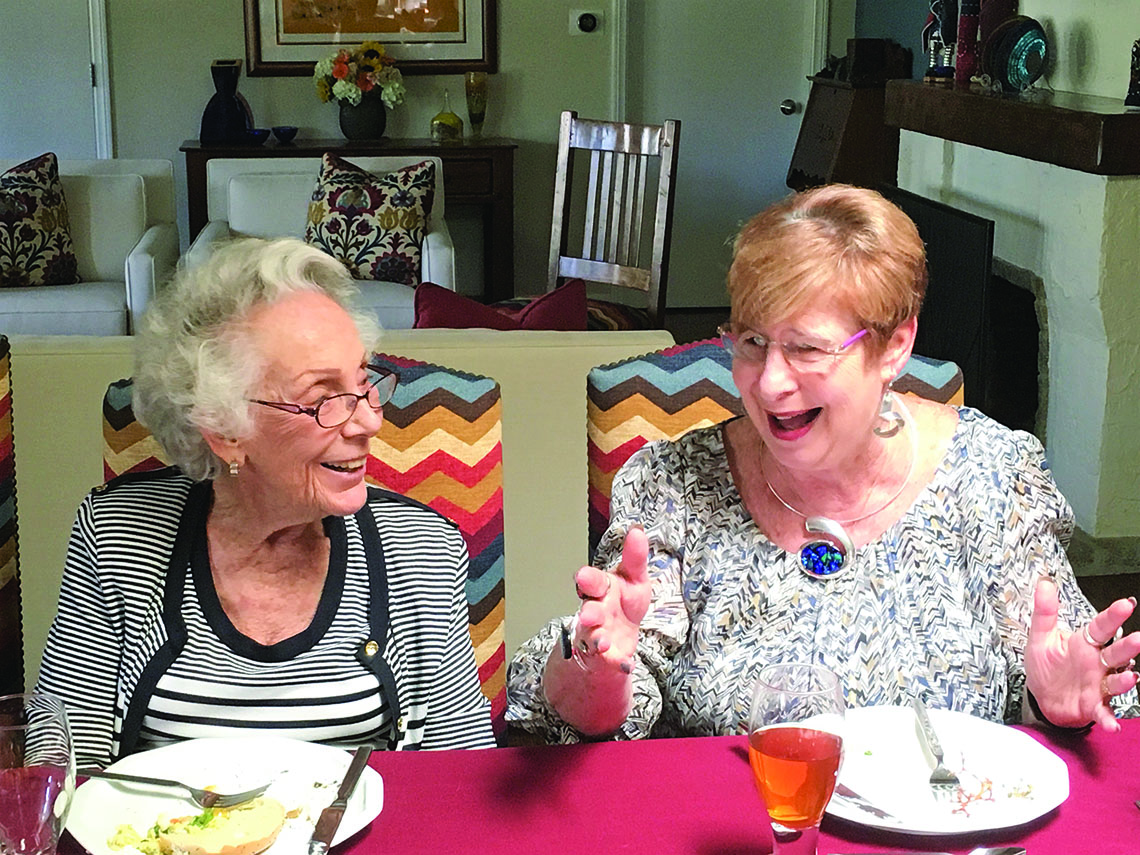
Temple Emanuel Rabbi Emerita Laura Geller and her husband, Richard Siegel, put up a sukkah in their backyard every autumn during Sukkot. Siegel usually erects the structure and Geller decorates it with colorful paper chains. For one week, they typically eat all their meals in it.
Last year, with Siegel scheduled for a minor surgery in the middle of the holiday, he knew he could build it but perhaps not take it down. They built it anyway, and shortly after the holiday, six men and women over age 55 who walk in a nearby park once a week, stopped by Geller’s house and took it down.
“Those are the kinds of moments — even just needing to change a light bulb — that make people realize they have to move into facilities,” said Geller. “Good neighbors mean you don’t have to do that.”
Just their luck? No, it was their “village.”
The “Village Movement” began 15 years ago in the Beacon Hill neighborhood of Boston when concerned community members came together to figure out how best to age in their own homes. More than 200 similar villages have since popped up around the country, providing volunteer-driven services and programming.
Geller, Siegel and the six weekly walkers all belong to Chai Village LA, with Geller and Siegel serving on its14-person steering committee. The village organized last July and now has nearly 200 members older than 55 in and around West Los Angeles. The venture is a partnership between Reform synagogues Temple Emanuel of Beverly Hills and Temple Isaiah and is the nation’s first synagogue-based virtual village.
Geller believes Chai Village LA addresses a growing need in the city’s aging Jewish community that hasn’t existed in previous generations.
“People are living much longer,” she said. “There’s this new stage in life between your career, raising a family and then the end of life. People don’t just retire and get old. People are trying to figure out what this stage of life is about.”
Ongoing communication exists among villages around the country, through the Village to Village Network, a website that promotes dialogue and best practices. There’s also an annual conference.
Villages are normally composed of people living within set boundaries who pay nominal membership fees and often hire professional staff to help train volunteers. Chai Village LA’s paid full-time director, Devorah Servi, described the village as a “chavurah,” a Hebrew word that often refers to a group of like-minded Jews who assemble to share communal experiences.
“Synagogues are more top down. We’re more bottom up. It’s very volunteer-driven,” Servi said.
Servi has a small paid staff, but members run programs — with the exception of those that are health-related. More than 100 programs initiated and executed by volunteers — who also are members — have included gatherings focused on genealogy, photography, backyard gardening and film discussion. Servi estimates that her active member base is 80 percent aged 60s and 70s, the rest 80 and older.
“We’re tapping into the amazing talents of people who are 65, 75, 85 — even 95,” she said. “We’re not just taking care of people; we’re engaging people in community life. I can’t say people live longer this way, but they definitely live happier.”
Rabbi Zoe Klein of Temple Isaiah cited a deeper meaning for members.
“We talk often of frailty and weakness when we talk about age, but this is about power,” she said. “It is about bringing together people’s skills and passions to make a difference in each other’s lives, and once strong enough together, to use that collective power to generate real change.”
“They are not worried about losing their place in line for the next promotion, or their children’s daily dinner plans,” she added. “Rather, they have the time, means and vision to be the activists of tomorrow on today’s critical issues.”
Chai Village LA members pay $100 in annual fees, or $150 per two-adult household. They must be members of either Temple Emanuel or Temple Isaiah and are required to volunteer for four hours per month in administrative roles, chairing committees or providing services like meal delivery.
The idea for Chai Village LA was borne out of a sermon on aging that Geller delivered six years ago when she was still senior rabbi at Temple Emanuel. In it, she quoted the Beatles song “When I’m Sixty-Four,” which includes the lyric, “Will you still need me / Will you still feed me / When I’m sixty-four.”
In the ensuing months, Geller embarked on what she billed “a listening campaign” with more than 250 congregants older than 60. Over potluck dinners in private homes, discussion groups grappled with spirituality, end of life and other health care concerns. But chief among topics, she said, was craving a sense of community from years past.
“For some, it was as simple as wanting someone to go to the movies with,” Geller said.
When a research group of congregants discovered the “Village Movement,” a clear goal emerged.
Siegel, who retired in 2015 after serving as the head of Hebrew Union College-Jewish Institute of Religion’s Zelikow School of Jewish Nonprofit Management, wrote a grant proposal to establish Chai Village LA as a virtual village connected to the national network, based on Jewish values, the first of its kind anywhere, according to Geller.
“We were surprised that none of the other villages were faith-based,” she said. “If you think about it, it’s a perfect fit for a synagogue, church or mosque.”
Siegel’s 2015 proposal won a grant from the Jewish Community Foundation of Los Angeles, making Chai Village LA a reality. The grant will fund development and operations for three years. Beyond that, Chai Village LA will have to find partners and sponsors willing to donate, something Geller says she’s not worried about.
According to Geller and Siegel, synagogues and their fee-for-service model — like paying fees for religious services and Sunday school — is becoming dated, leading to a dwindling engagement after bar and bat mitzvahs. That has given rise to fervor among synagogues to keep young people engaged through all kinds of programming.
Siegel said the collaboration of two synagogues viewed as “competitors” is what made the proposal for Chai Village LA so cutting edge.
“This is really a cross communication type of initiative, a partnership initially between Temple Emanuel and Temple Isaiah and maybe eventually others,” he said. “It’s a new model of community organizing within the Jewish community not bound by the confines of institutional walls.”
Geller and Servi said they feel that this sort of collaboration could foretell the synagogue of the future, one involving more home-based, volunteer-run programming. They also said they would like to see programming become multigenerational. Chai Village LA is even exploring technology innovations to match volunteers and services to appeal to young people.
“The larger Jewish community has nobly focused much creativity, energy and resources on the emerging adult population, post-b’nai mitzvah through chuppah. Less has been invested in adults, and less so in the period between mid-life and frail old age,” said Klein, adding, “the period between middle age and frail old age is now significantly longer. We are the pioneers of what society will look like as people live longer. We are the pioneers of what the Jewish community will look like.”








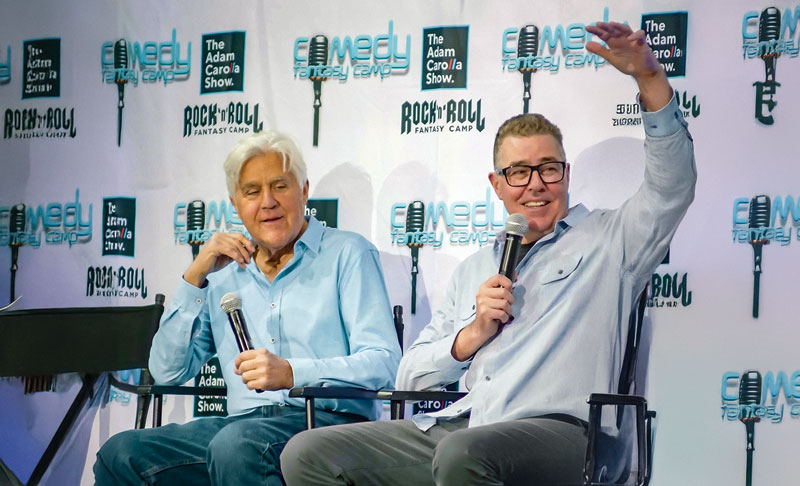

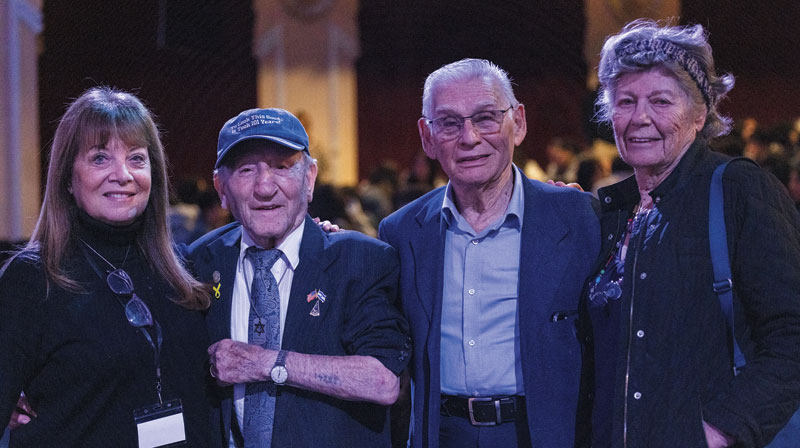

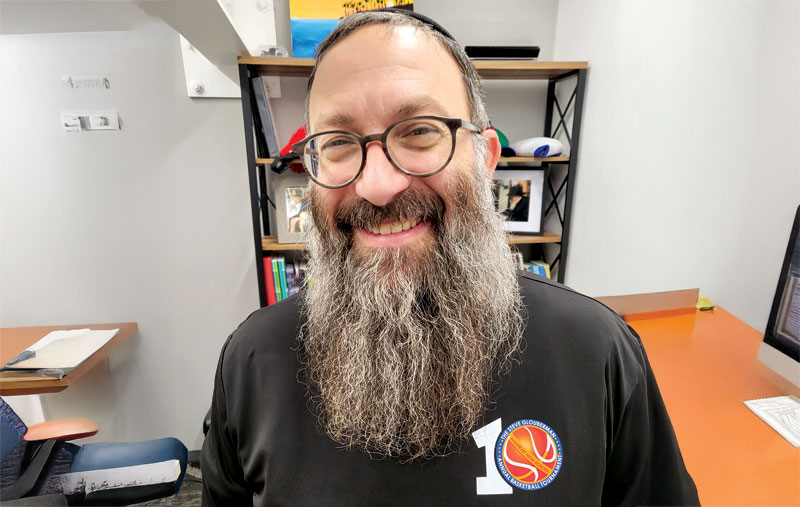


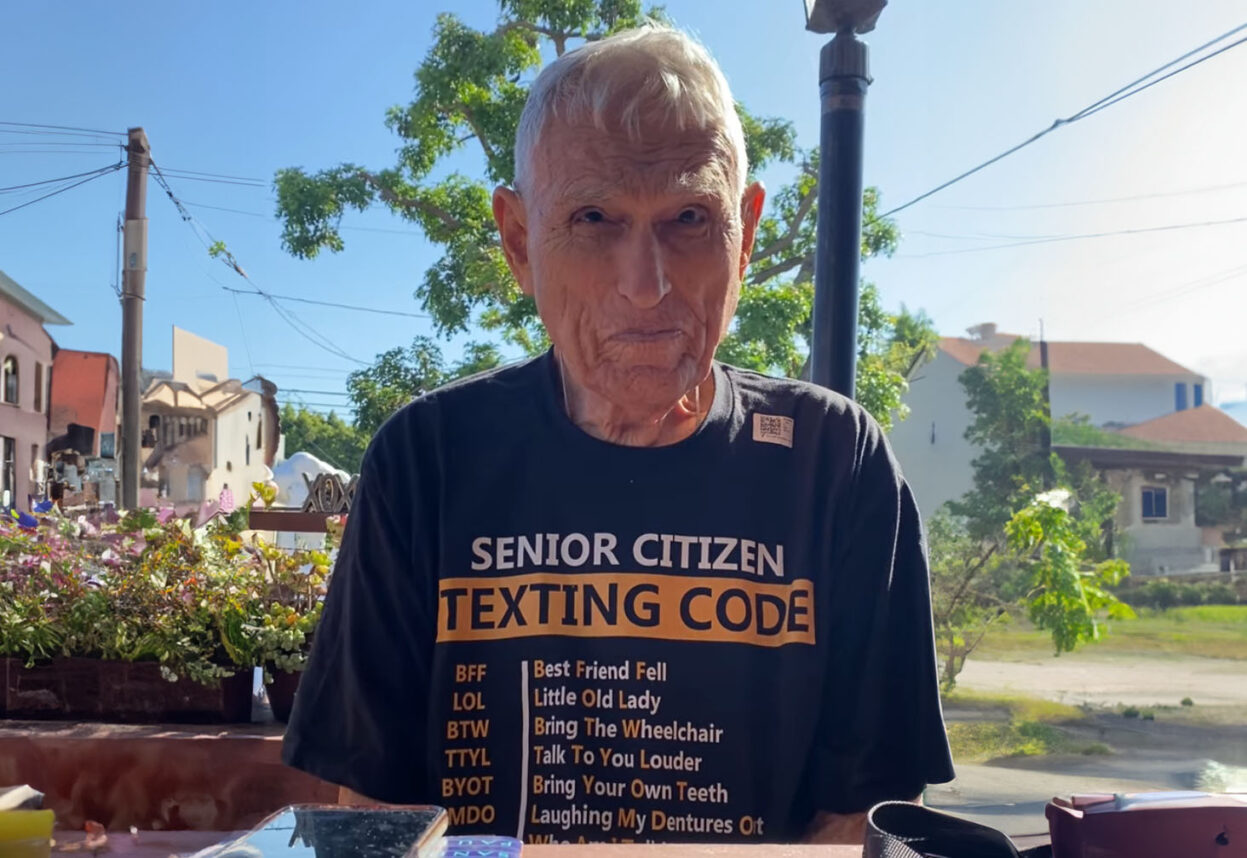
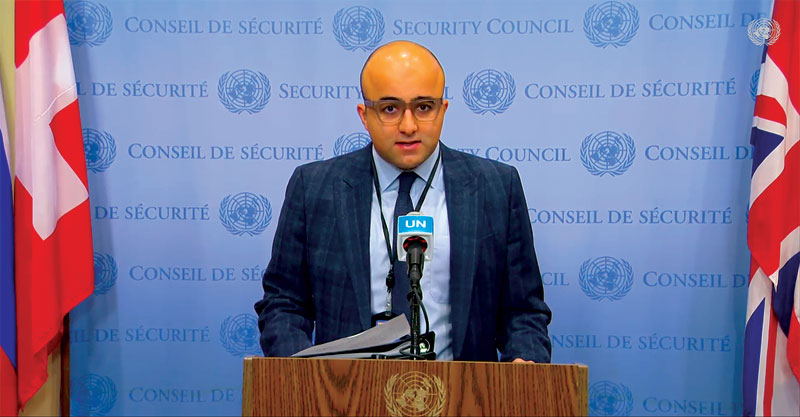




 More news and opinions than at a Shabbat dinner, right in your inbox.
More news and opinions than at a Shabbat dinner, right in your inbox.